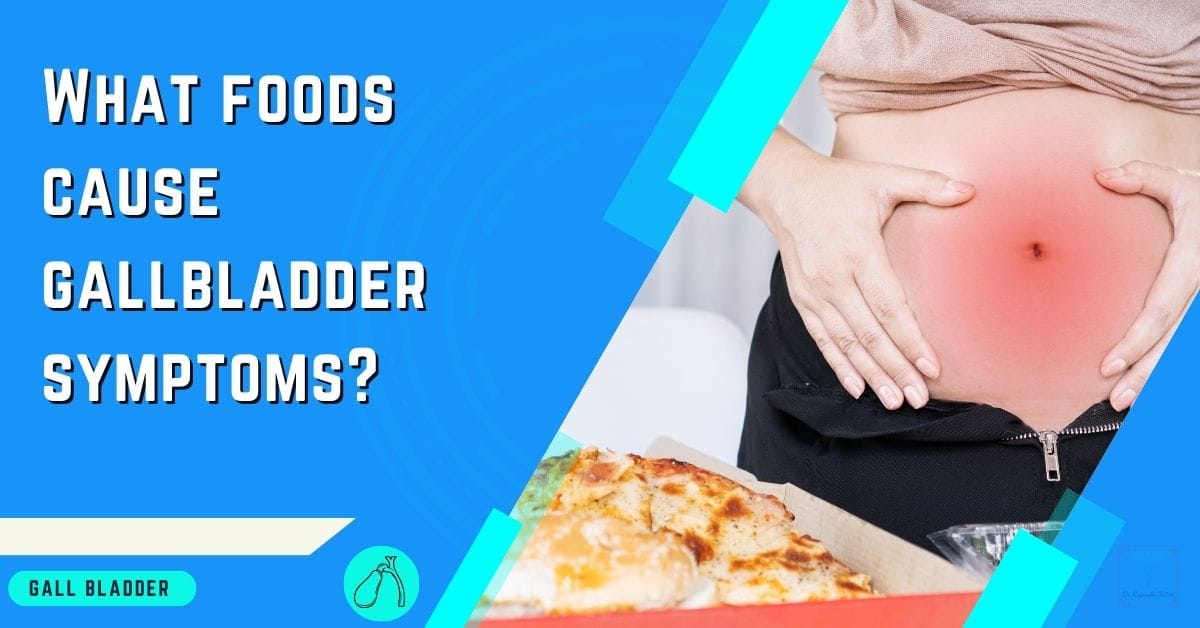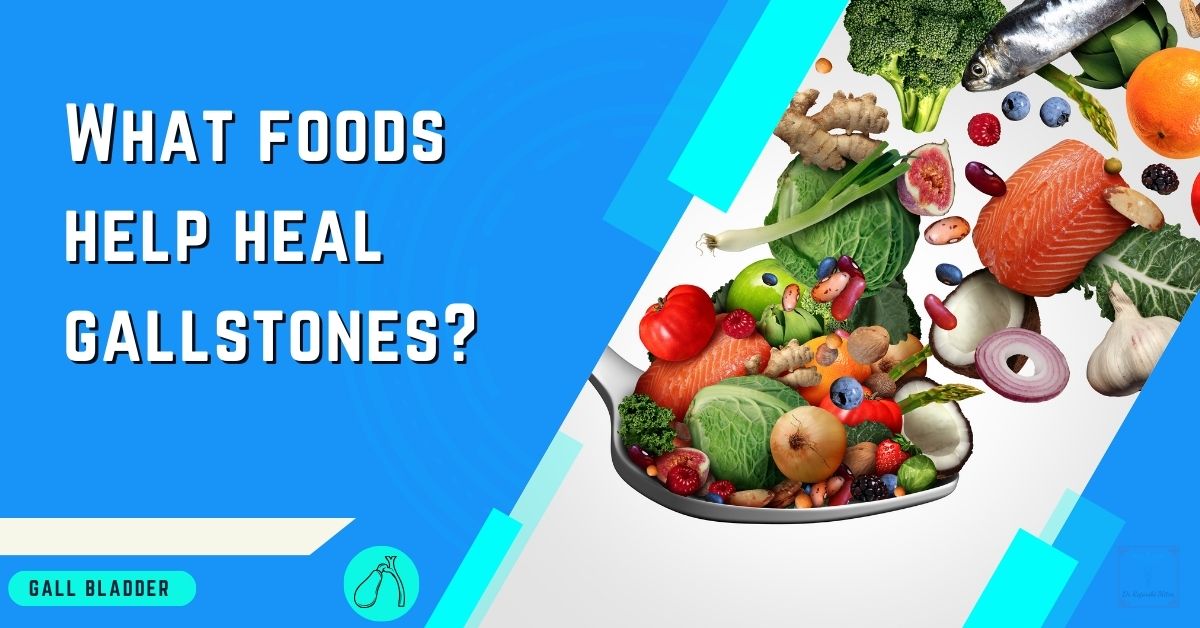Excess gas and bloating are common digestive complaints, and some people wonder if they may be tied to an unhealthy gallbladder. As your surgeon, I want to provide an in-depth look at how gallbladder problems can potentially contribute to gas, when it could signal an underlying issue, and how to find relief.
Can Gallbladder Issues Cause Gas?
1. Direct Link is Uncommon
There is rarely a direct cause-effect relationship between gallbladder disease and passing gas. Though gallstones may impair fat digestion leading to looser stools. Additionally, individuals with gallbladder issues and digestive health may experience symptoms such as bloating or discomfort, which can often be confused with gas-related issues. While passing gas is a normal part of digestion, persistent changes in bowel habits should be evaluated by a healthcare professional. Understanding the interplay between gallbladder function and overall digestive health is crucial for managing symptoms and promoting well-being.
2. Dietary Triggers Can Flare Symptoms
Fatty and gas-producing foods often simultaneously aggravate both gallbladder and gas issues. Avoiding these triggers alleviates symptoms.
3. Chronic Diarrhea May Cause Gas
Ongoing loose stools from rapid transit of bile following gallbladder removal can allow intestinal gas to build up.
4. Dyspepsia and Indigestion
Gallbladder inflammation or biliary colic can mimic dyspepsia, with burping, bloating, and flatulence.
5. Constipation from Pain Medications
Opiate pain relievers used for gallbladder colic can cause abdominal distension and infrequent stools.
6. Increased Gas Pain
Those with chronic gallbladder problems may be more aware of gas due to heightened pain sensitivity in that region.
Seeking Treatment for Persistent Gas:
1. Discuss with Your Doctor
If you have regular gallbladder-related symptoms, report any accompanying increase in gas to identify potential connections.
2. Review Medications
Some drugs like antibiotics, laxatives, statins, and metformin can cause gas as a side effect.
3. Consider Diet Modifications
Avoiding foods that aggravate both gas and the gallbladder may help provide relief.
4. Explore Supplements
Digestive enzymes, peppermint oil or probiotics may ease gas related to fat malabsorption after gallbladder surgery.
Summary of Key Points:
– There is rarely a direct link between gallbladder disease and excess gas.
– Dietary triggers can flare both gas and gallbladder symptoms.
– Diarrhea after surgery may increase gas.
– Report persistent gas to your doctor.
– Adjusting medications or diet may help reduce symptoms.
– Targeted supplements can aid digestion.
Let me know if you have any other questions about managing gastrointestinal symptoms related to your gallbladder!



















